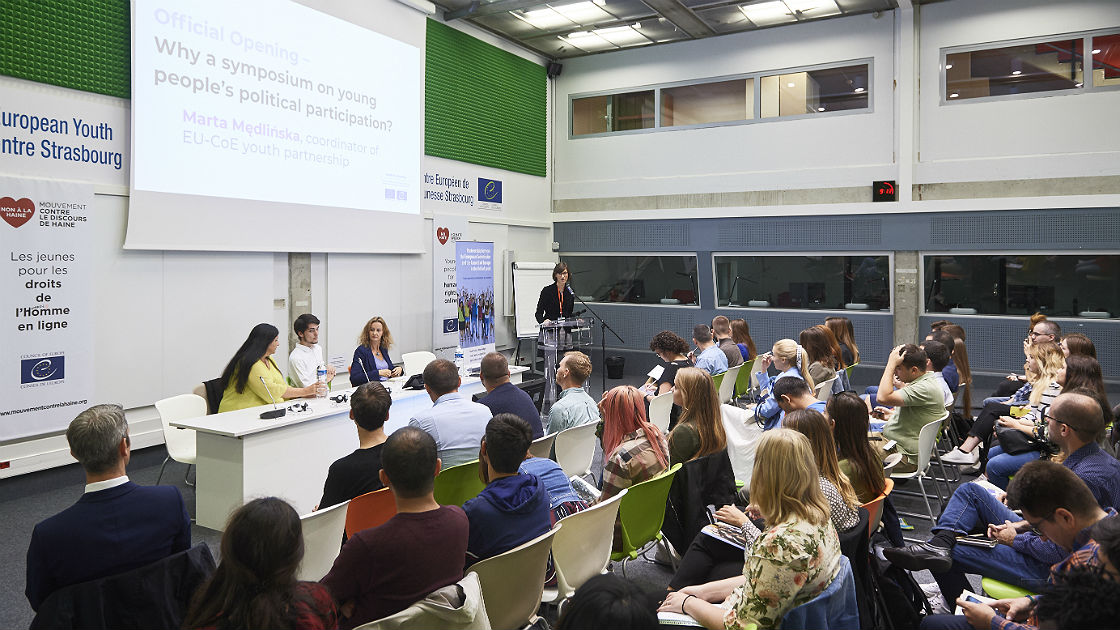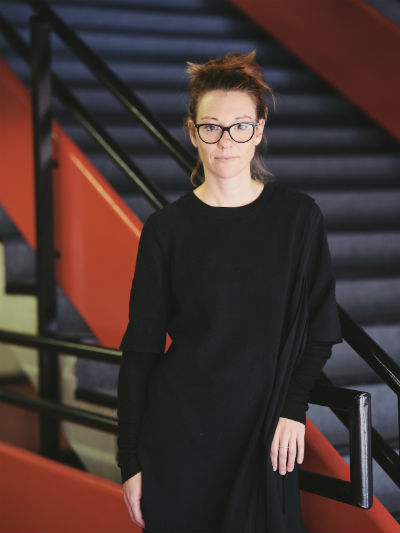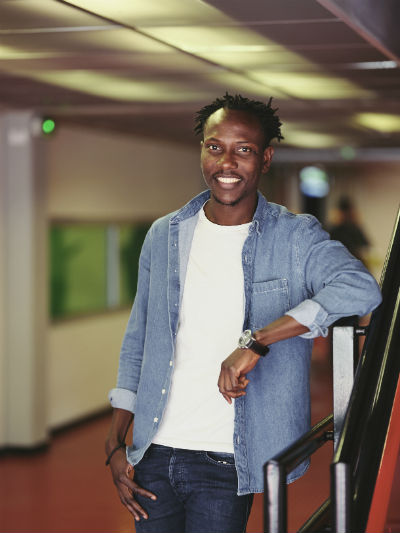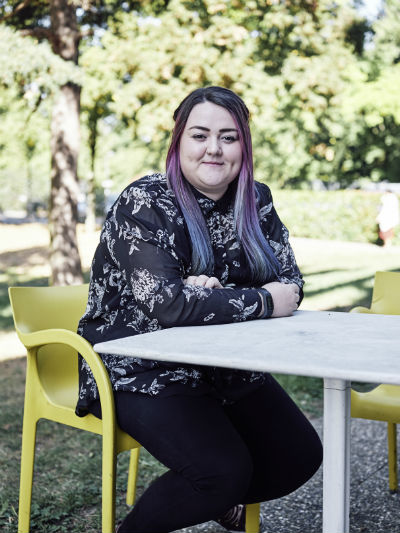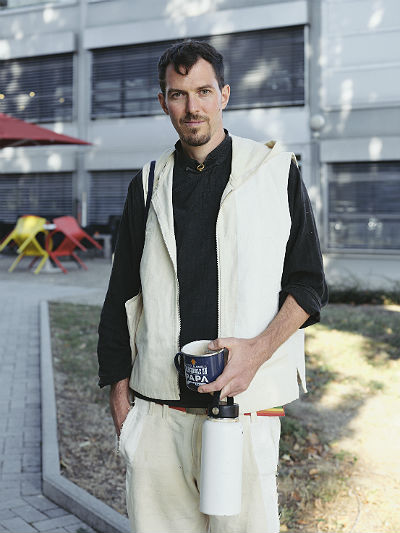From 18 to 20 September 2019 the partnership between the European Commission and the Council of Europe in the field of youth organised a symposium. Over 120 participants explored current tensions, questions, challenges and opportunities regarding the political participation of young people in today’s changing world and created a space for learning and inspiration among actors involved in this topic.
Watch an interview of the co-ordinator of the EU-Council of Europe youth partnership, Marta Medlinska, introducing the Symposium.
 Objectives and results
Objectives and results
The symposium aims to:
- offer space and possibilities for participants to share and explore examples of young people’s political participation in a changing world
- empower participants from different fields and levels to address this theme in their work on supporting young people’s democratic values and political engagement
- connect different actors working on these themes, from within and beyond the youth sector, to continue, develop or innovate in relation to that work
- produce knowledge relating to the trends of youth political participation, their reasons and implications.
The symposium strives for the following outcomes:
- mutual learning, inspiration and motivation for future actions for the participants
- a compendium of good practices and stories of success highlighting the actions to be taken for supporting youth political participation analytical papers on young people’s political participation in a changing world
- practical conclusions on how diverse actors can support young people’s democratic values and political engagement.
 Symposium programme
Symposium programme
While the overarching theme is set, a key feature of this symposium is that sessions within the programme will be designed in a participatory way. In the application form, participants indicated what issues or questions are most pressing for them in their work as it relates to the main theme of political participation. The answers informed the topics that will be covered throughout the symposium. Here come some examples of issues to be explored:
- How do young people engage in political participation in a changing world of economic tensions, crisis of democratic institutions, digitalisation, social media, fake news and other manipulations of the public opinion, etc.?
- What are the trends in young people’s political engagement and the underlying values? How do young people see their own political participation?
- What determines young people’s political actions?
- What is the space for young people’s engagement in civil society and citizen movements?
- What conditions for young people’s political participation may be influenced by the youth sector and how?

